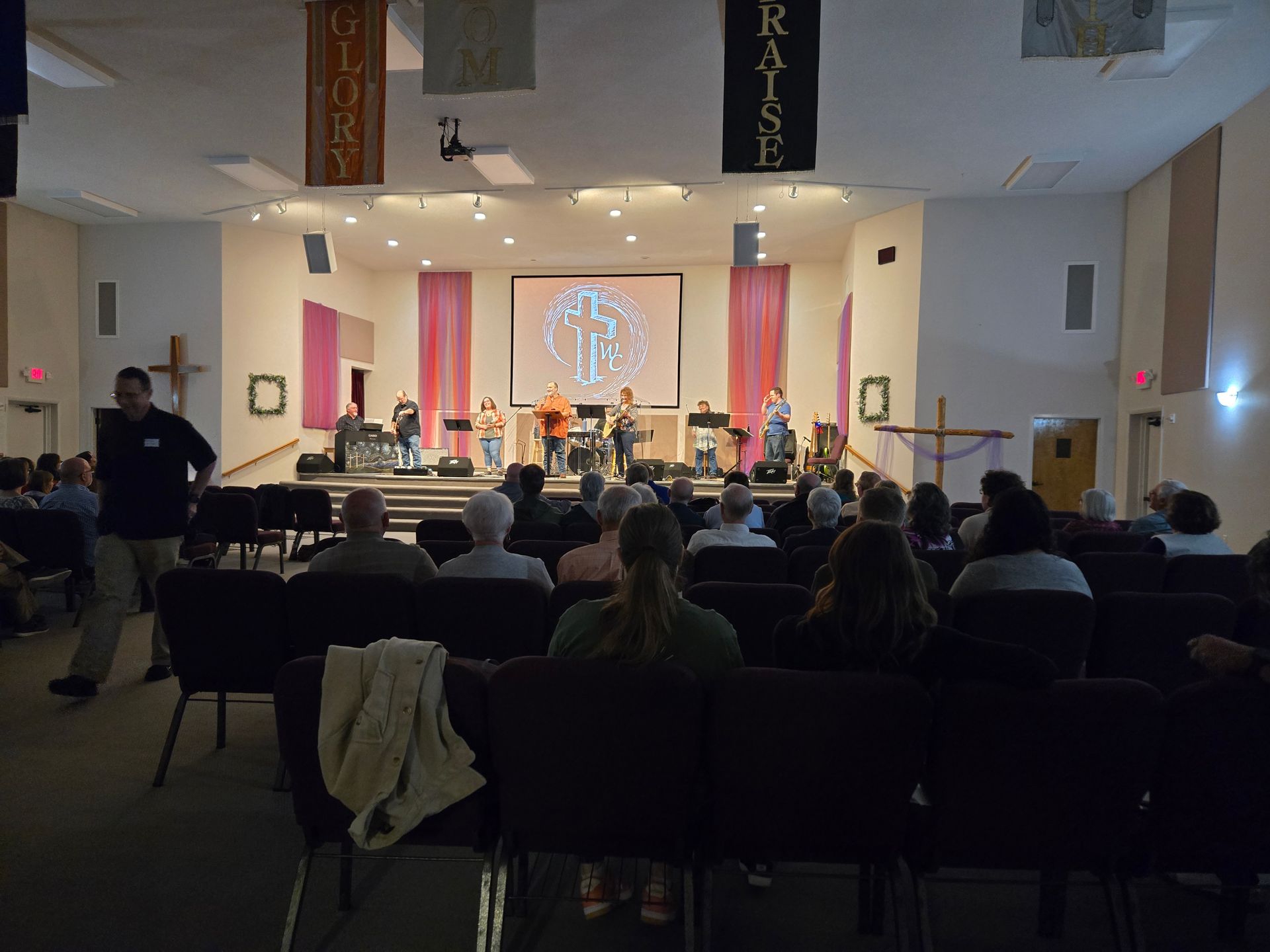What Happened to Humility?
Humility isn’t what it used to be. Once humility was a core Brethren principle. Although it did not contribute to Brethren distinctiveness like feet washing and non-resistance, humility was vital to the Brethren belief system.
In 1859, for example, in a decision about plainness and consumerism Yearly Meeting declared that “humility is one of the prominent principles taught” by Jesus. In the next decade, young I. J. Rosenberger, a future evangelist, wrote to the Gospel Visitor, a popular Brethren periodical, that
“faithfulness implies humility...for God will reject the proud but give grace to the humble.”
I grew up hearing about humility. My father often warned that “pride goes before the fall” (Proverbs 16:18), and after Reggie Jackson appeared in major league baseball, "hot dog" became an unflattering personality trait in my home.
Now, however, I rarely hear preaching about humility. This once-vital concept has almost completely fallen off the Brethren radar.
Humility has also become less prominent in larger Christianity. Popular positive-thinking guru Joel Osteen, for example, occasionally mentions humility as helpful for receiving grace or forgiving others, but the heart of his ministry is the gospel of prosperity: “God takes pleasure in
prospering me" and “supernatural provision” will add to our wealth. Divine “prospering me” does not feel humble, especially in the traditional Brethren way.
Even in non-religious settings, humility has receded into the background as social media empowers self-promotion. Hey, world, look at me at the beach, in the mountains, with my expensive dog, or with my fancy food in a restaurant.
But, for the middle class with professional success, like this writer, or for those whose idea of conversation is talking but not listening, humility remains just as relevant as ever. At this point, it would be easy to shift into a nostalgic pep talk yearning for a return to a once-treasured belief. But life is not this simple.
For all the growing self-centeredness in society, an alarming decline in mental health complicates humility. According to one recent study of workers in the United Kingdom (Wysa, a mental health app developer), more than one-third of all workers aged 16 to 65 experience moderate to severe depression or severe anxiety symptoms. Two-thirds of respondents reported taking time off work because of poor mental health and then lying to their employer about it. Moreover, almost half of young people suffer from anxiety or depression. In an age of sinking mental health, an emphasis on humility may be counterproductive. Perhaps we should stress self-esteem rather than self-effacement.
To add to the complexity, some of the annoyingly self-absorbed are also highly insecure. Some in our pews have simultaneously too much and too little ego.
To guide us through this psychological maze, we need balance. As articulated by Ecclesiastes 3, “For everything there is a season,” and this rings especially true regarding humility in our times. In the spirit of balance, we should borrow from both conservatism and liberalism. As a conservative might say, humans don’t change; they still sin and flunk humility. As a liberal might say, times change and mandate adjustment to an age of endemic mental health disorders. A social gospeler would add that our calling is to bring healing to those who hurt, in this case mentally.
Thus, we need both old-fashioned humility and a modern application of it. We should preach traditionally to oversized egos and innovatively to undersized egos. We should minister to the self-absorbed me-firsters who suffer from depression and anxiety. Rather than relegating
humility to the ash can of theology, we should preserve it unadulterated for some and dust it off and modernize it for others.
May we restore mental health to our anxious and depressed sisters and brothers and, in the end, improve everybody’s spiritual health with a balanced approach to humility.
Dr. Stephen Longenecker, Ph.D. is the Edwin L. Turner Distinguished Professor of History at Bridgewater College, and author of six books, including Gettysburg Religion: Refinement, Diversity, and Race in the Antebellum and Civil War Border North. Stephen serves as a distinguished historian in the Church of the Brethren and an expert voice on Brethren in early America.










